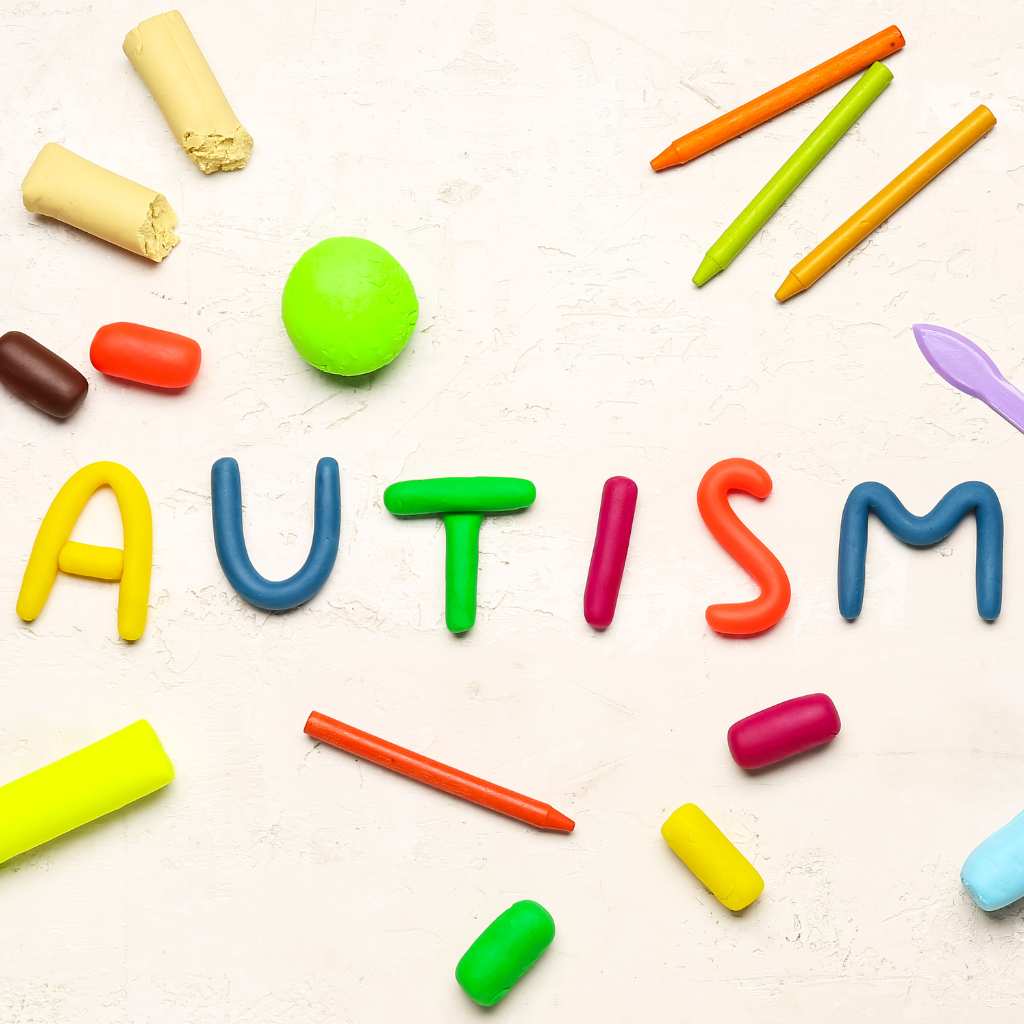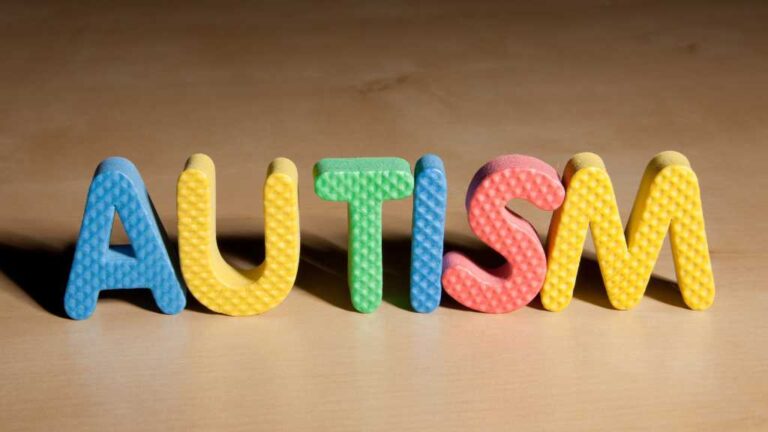Table of Contents
How does the Autism CARES Act benefit neurodiverse families?
From early diagnosis to accessing specialized care, every step of the autism journey demands significant resources, time, and knowledge. In times like this, policies like the Autism CARES Act (Collaboration, Accountability, Research, Education, and Support) become indispensable. Designed to enhance the quality of life for individuals with autism and their families, the Autism CARES Act represents a critical framework for providing comprehensive support and resources. But what does this mean for families in Georgia, and how does it benefit families of individuals with autism?
The Autism CARES Act, first enacted in 2006, has been reauthorized several times, each renewal highlighting its importance in the autism community. It expired on September 30, 2024, and in December 2024, President Joe Biden signed the latest version of this bipartisan legislation, committing $1.95 billion over the next five years to fund autism research, education, and support services.
Let’s understand more about what this approval means for the autism community in this blog by ABA Centers of Georgia.
Understanding the Autism CARES Act
The Autism Collaboration, Accountability, Research, Education, and Support Act is a vital piece of legislation designed to address the diverse and evolving needs of the autism community. Initially passed in 2006, the Act ensures continued support for research, services, and programs aimed at improving the lives of individuals with autism and their families.
The Autism CARES Act of 2024 continues the commitment to fostering an inclusive society where individuals with autism have the tools they need to succeed. Key areas of focus include:
- Research and Innovation: The Act directs substantial funding to the National Institutes of Health (NIH) and the Centers for Disease Control and Prevention (CDC) to advance autism research. This support includes researchers studying aging, mental health, and co-occurring conditions, ensuring that individuals across all life stages receive the help they need.

- Healthcare Training: By investing in the training of healthcare professionals, the Act aims to reduce wait times for diagnosis and treatment, particularly in underserved areas.
- Family Support Services: Recognizing the crucial role of families in supporting individuals with autism, the Act enhances resources such as educational workshops, caregiver training, and community programs.
The Impact on the Autism Community
The implications of the Autism CARES Act are valuable, especially for the autism community, whose families have few resources and seek timely intervention services. Additionally, its benefits may include:
1. Early Diagnosis and Intervention
Early diagnosis can make a significant difference in the development of a child with autism. The Autism CARES Act prioritizes early screening and intervention, ensuring that children receive the support they need as early as possible.
2. Increased Access to Services
One of the challenges families face is the limited availability of autism services, particularly in rural areas. The Autism CARES Act addresses this by funding initiatives that expand the reach of diagnostic and therapeutic services.
3. Enhanced Support for Caregivers
Caring for a loved one with autism requires a deep understanding of their needs and how to support their growth. The Autism CARES Act provides resources for caregivers, including educational materials and training programs.
Advancing Autism Research and Care

One of the most significant aspects of the Autism CARES Act is its commitment to research. By directing substantial funds to the National Institutes of Health (NIH) and the Centers for Disease Control and Prevention (CDC), the Act supports studies that explore the causes of autism, develop new treatments, and improve existing therapies.
For providers like ABA Centers of Georgia, this research is invaluable. It ensures that we have access to the latest tools and knowledge to offer the best possible care to our clients. With a focus on improving diagnostic accuracy and treatment efficacy, families can trust that they are receiving evidence-based services tailored to their needs.
What’s Next?
While the Autism CARES Act has been signed into law, continued advocacy and awareness are essential. So, what’s next? Families, caregivers, and community members can:
- Stay Informed: Keep up with the latest developments related to the Act and how it impacts local services.
- Get Involved: Join advocacy groups that work to ensure sustained support for autism programs.
- Share Their Stories: Personal stories can influence policymakers and help secure ongoing funding and support.
How ABA Centers of Georgia Supports Families
At ABA Centers of Georgia, we understand that every family’s journey with autism is unique. We’re committed to offering personalized support through therapies like Applied Behavior Analysis (ABA), tailored to meet each child’s individual needs. Our focus on early intervention and thorough autism diagnosis helps ensure that children get the proper support at the right time, setting them on a path toward greater independence and success.
Navigating the world of autism services can be complex, especially when it comes to insurance. That’s why we offer assistance with insurance verification, making it easier for families to access the care their children need without added stress. By providing these comprehensive services, we aim to be a trusted partner for families at every stage of their journey.
The Autism CARES Act of 2024 marks a significant advancement for the autism community, and we’re proud to be part of this evolving landscape, offering the tools and support families need to thrive.
If you need more information about our services, call us at (855) 929-5058 or schedule a free consultation and let us help your loved one with autism thrive.









